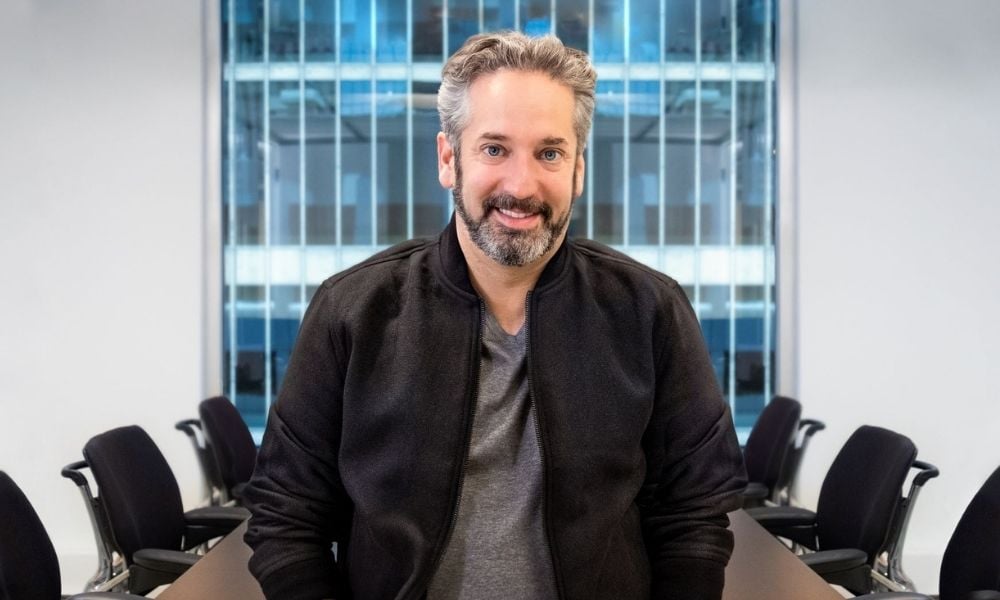Risk management has been a 'one-way train' for 12 years but may be turning, says CIO

Risk management has been a ‘one-way train’ since the 2008 global financial crisis but it may change as interest rates start rising. Advisors, therefore, should consider quantitative investing to protect assets, according to one CIO.
“Some advisors have never seen a bear market,” Noah Solomon, of Outcome Metric Asset Management, told Wealth Professional, noting the fourth quarter of 2018 and COVID crash in March 2020 were hiccoughs. “We haven’t had a deep, drawn-out bear market since 2008. So, I think investors have grown a little complacent because it’s been a one-way train.”
He believes this benign environment coincided with the interest rate and inflation decline, so there’s been a tremendous tailwind for stocks, real estate, and other assets. But, now that interest rates may climb for the first time in a long time, inflation is also rising, and that changes the dynamics.
“For the past 12 years, risk management has been a dirty word. Who needs to manage risk when there’s been no risk to manage?” said Solomon. “But, I think things are changing. Now you’re in a different game with rising interest rates, so having managers who can manage risk is very important.”
Solomon said Outcome, which uses quantitative investing, aims to get the most return for the least risk. So, he urged advisors to find managers with a proven record to protect money in bad markets.
“I think the importance of knowing that, and being comfortable with that, is higher today in a rising rate environment than it was six months or a year ago,” he said. “Obviously, we are very biased toward not using intuition, emotion, or forecasting to manage risk. We do it algorithmically.”
Outcome has 100 high-net worth and family office clients and $250 million in assets under management.
It also has two funds that have done well, even in difficult times.
The Enhanced Dividend fund, an algorithmically-driven Canadian equity fund, has been in the top 1% of its class since launched in October 2018. It has had a 44.1% net return. It has outperformed most other focused funds and done that with lower volatility and shallower losses in tough times.
The Global Tactical Asset Allocation Fund, launched in May 2017, uses quantitative metrics for asset allocation and only invests in index tracking ETFs. This bond substitute has had a 5% net return. When stocks lost 30% in March 2020, it only lost 2.9%.
“I think ’22 will be a good year for us,” said Solomon. “Risk management hasn’t been that important because there wasn’t any risk to manage. But, if I’m right and we’re into an era that’s less of a one-way street and more challenging, so the ability to manage risk will be more important, that should be a wonderful opportunity for us to differentiate ourselves because, as Warren Buffet like to say, ‘it’s only when the tide goes out that you get to see who’s been swimming without bathing trunks!’”



